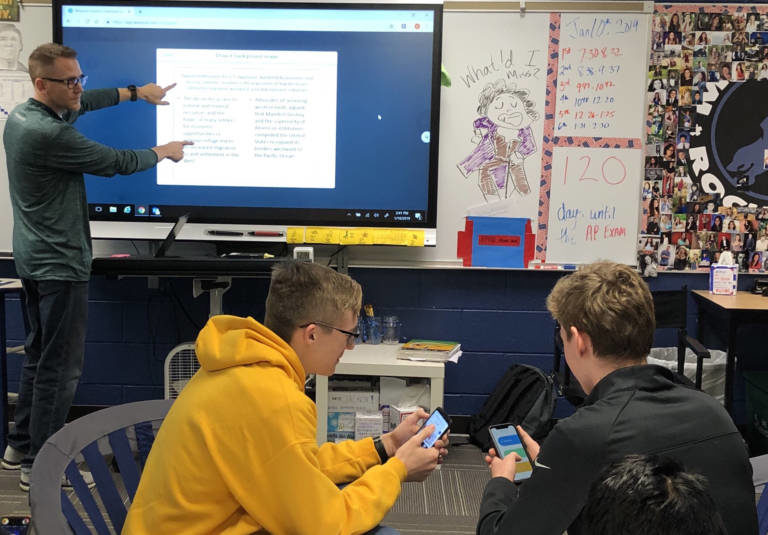Thank You, KQED Supporters!
Every day that I work at KQED, I am so grateful that we are supported by tens of thousands of people who believe in the services we provide. We had a recent pledge drive which we were frankly concerned would fall flat because of the pandemic. But our supporters came through for us, more than …










